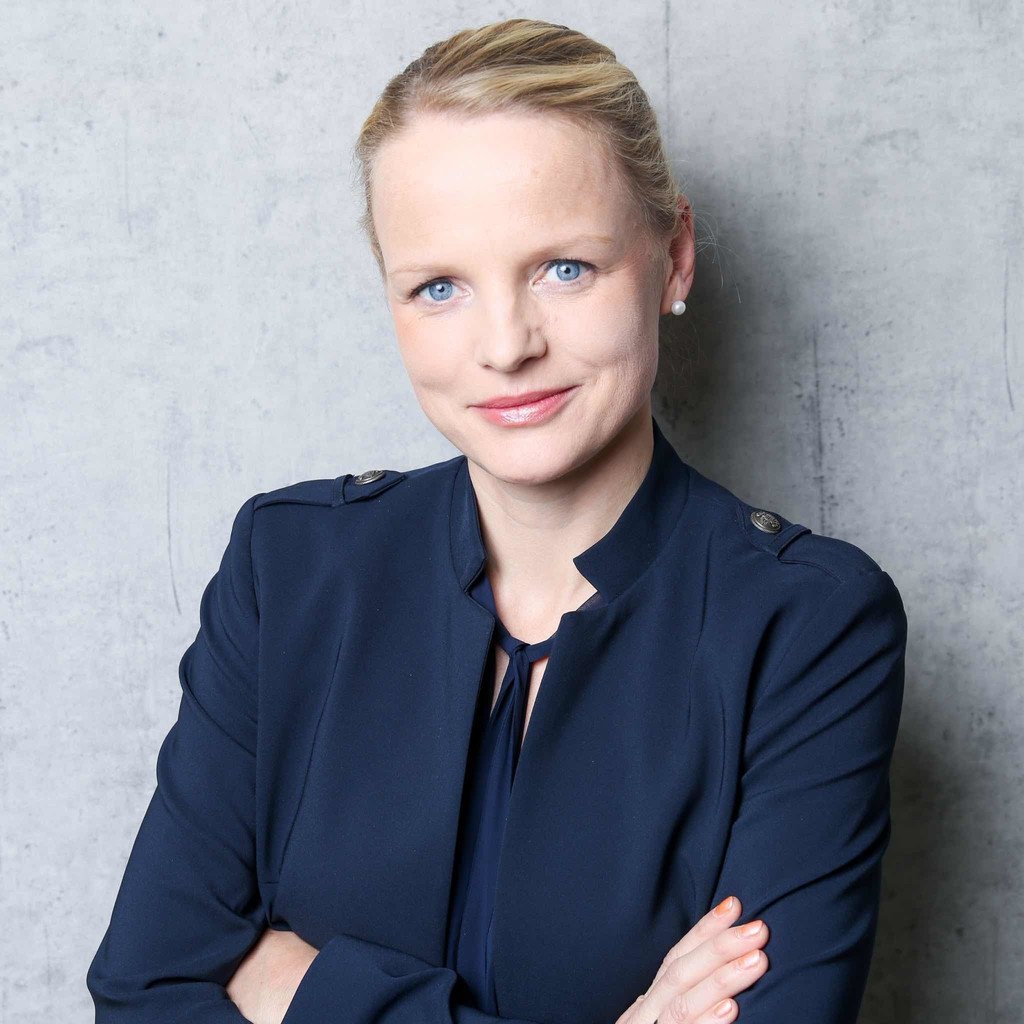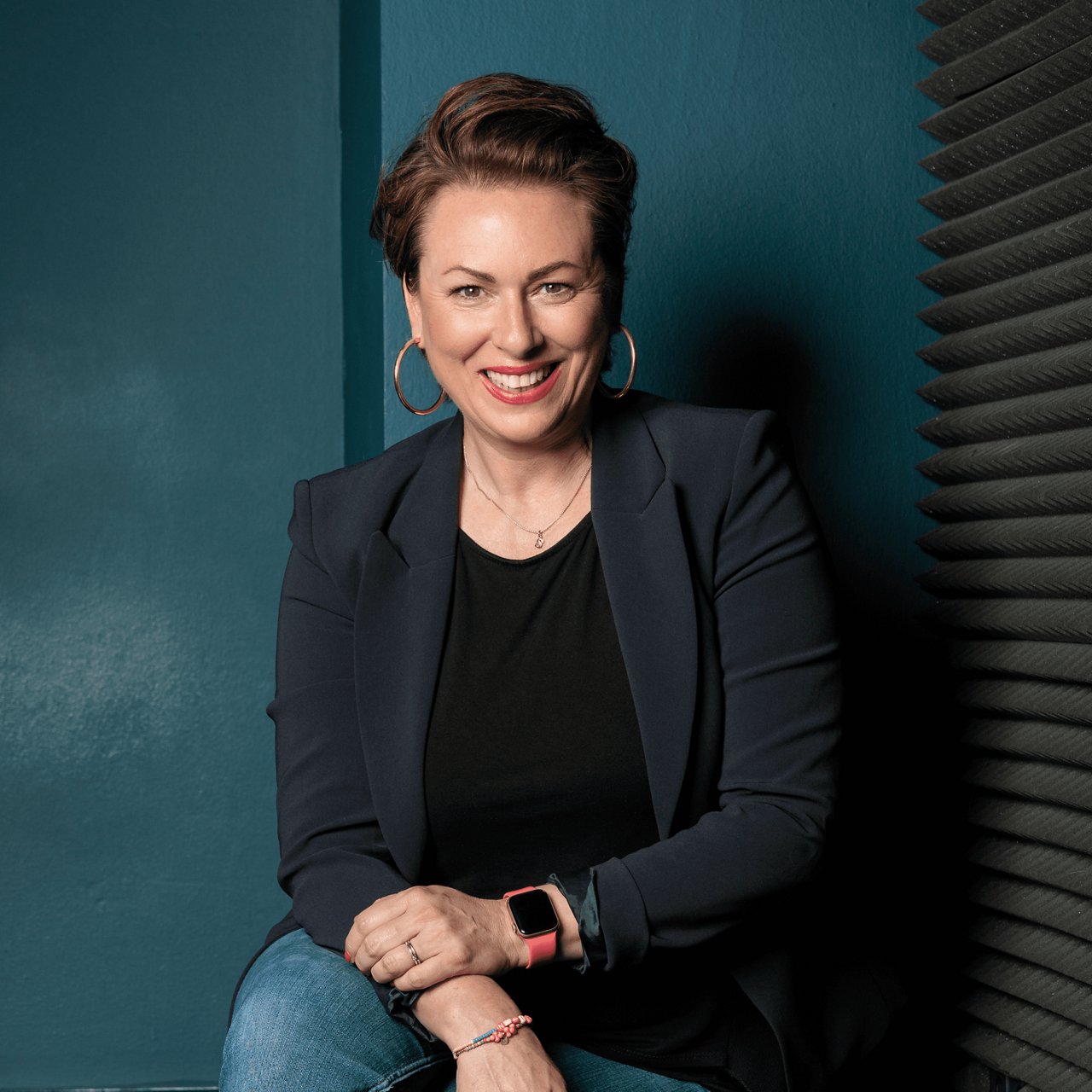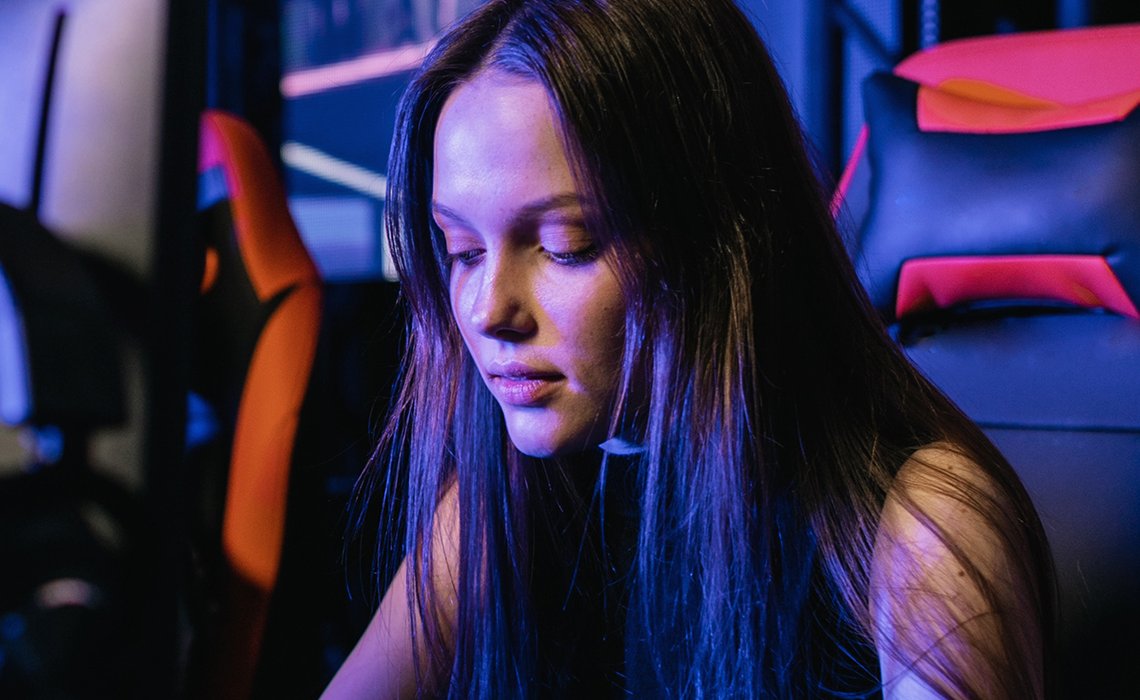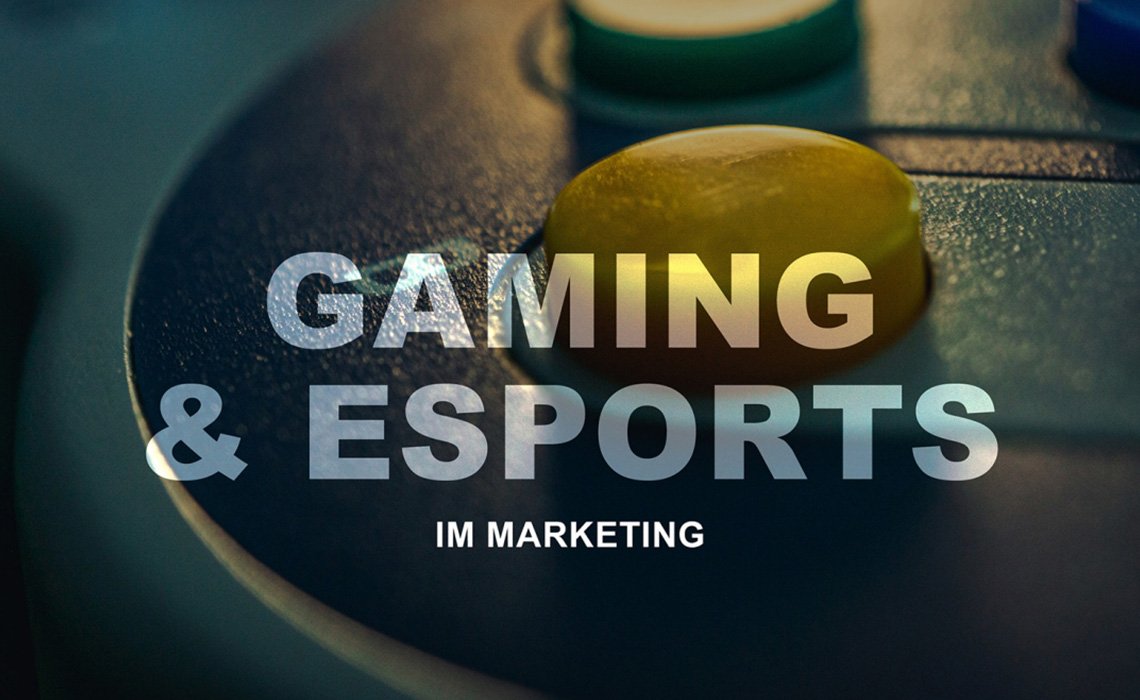© Serviceplan Group 2024
143 SECONDS TO NEXT GENERATION
Mehr als bei jeder anderen Generation zuvor ist die Medienwelt der jungen Zielgruppen geprägt von ‚Creators‘. Im Gegensatz zu Influencern zielen Creators weniger auf Reichweite oder Interaktion ab. Es geht vor allem um die Inhalte selbst, die sie auf Plattformen wie TikTok, Twitch oder Instagram mit unvergleichlicher Leidenschaft, Kreativität und Authentizität produzieren. „Passiontainment“ nennen wir diesen Trend, der gekommen ist, um zu bleiben, und der oft auch einher mit Gaming geht. Gaming ist moderne Popkultur mit hohem Einfluss auf Medien und Content außerhalb der Spiele selbst.
Um diese Trends – und damit die Zukunft – zu verstehen und zu bedienen, genügt es nicht, sie von der Außenlinie zu beobachten. Mediaplus hat daher die ‚Digital Trailblazer‘, ein Netzwerk junger, engagierter Kolleg:innen ins Leben gerufen, die – unter anderem als Creators und Influencer – selbst Teil dieser Welt sind. Zusammen mit den Digital Trailblazers helfen wir Markenverantwortlichen erfolgreiches Community Management und Zielgruppenansprache aufzubauen.

WORKSHOP: NEXT GEN ENGAGEMENT
Was bewegt die Konsumenten von morgen? Wir haben sie gefragt. Auf Basis von qualitativen Interviews mit 15 bis 25-Jährigen und zahlreichen Veröffentlichungen haben wir ein Stimmungsbild dieser Generation erstellt. In einem interaktiven Workshop erarbeiten wir gemeinsam mit Ihnen die Basis für die Markenkommunikation mit der Gen-Z: Was sind relevante Touchpoints und Medien? Mit welchen Influencern und Plattformen interagieren sie, und welcher Markenauftritt spricht sie an. Und wie stehen sie zu Politik, Gesellschaft und Themen wie Nachhaltigkeit und Diversity? Die gemeinsam erarbeiteten Learnings fließen in erste Engagement-Ideen ein.

CREATOR BOOTCAMP: VOM PASSIVEN NUTZER ZUM AKTIVEN CREATOR
Streaming, TikTok, Twitch & Co sind aus dem Alltag der GenZ nicht weg zu denken. Doch die Vertreter der GenZ sind längst nicht nur passive Nutzer. Mehr als zwei Drittel bezeichnen sich selbst als Creator oder Influencer. In unserem „Creator Bootcamp“ bringen wir Marketing-Verantwortliche, Mediaexpert:innen, Kreative und Creators zusammen. Die Creators erklären uns die Plattformen aus ihrer Expertensicht: Welche Inhalte funktionieren besonders gut? Welche Zielgruppen findet man auf der Plattform? Wie finden sie Inspiration für neuen Content? Dabei sammeln wir gemeinsam erste Ideen für kreative Möglichkeiten und Werbeformate oder Influencer-Kooperationen.
Unsere Experten
DAS KÖNNTE SIE AUCH INTERESSIEREN:
Einst war es das etwas nerdige Hobby meist junger Männer. Doch inzwischen ist Gaming und eSports in der Mitte der Gesellschaft angekommen, Die COVID-19-Pandemie hat das noch einmal verstärkt. Kontaktbeschränkungen und der Mangel an gemeinsamen Freizeitaktivitäten sorgte weltweit zu einem regelrechten Videospiele-Boom. In Deutschland ist laut dem Verband der deutschen Games-Branche die Anzahl der Spielerinnen und Spieler allein im ersten Corona-Jahr 2020 um rund fünf Prozent gestiegen. Insgesamt tauchen schon 58 Prozent der 6 bis 69-Jährigen per PC, Konsole oder Smartphone, in digitale Welten ein – und das nicht nur zum bloßen Zeitvertreib, sondern auch, um in Kontakt mit Familie und Freunden zu bleiben.








